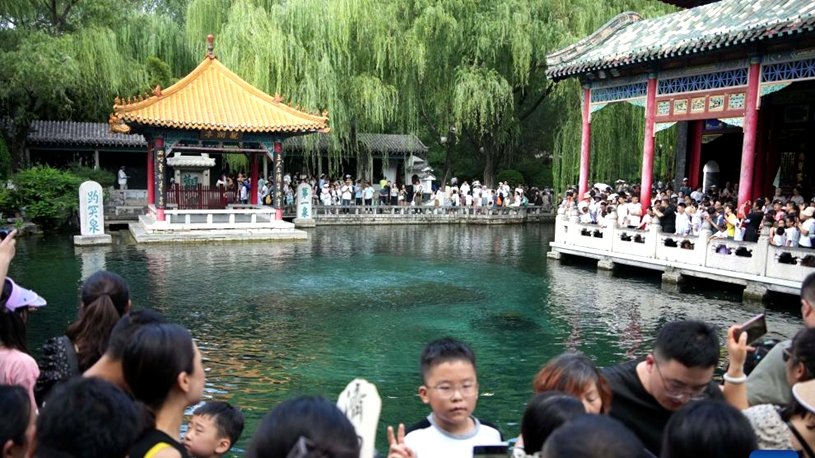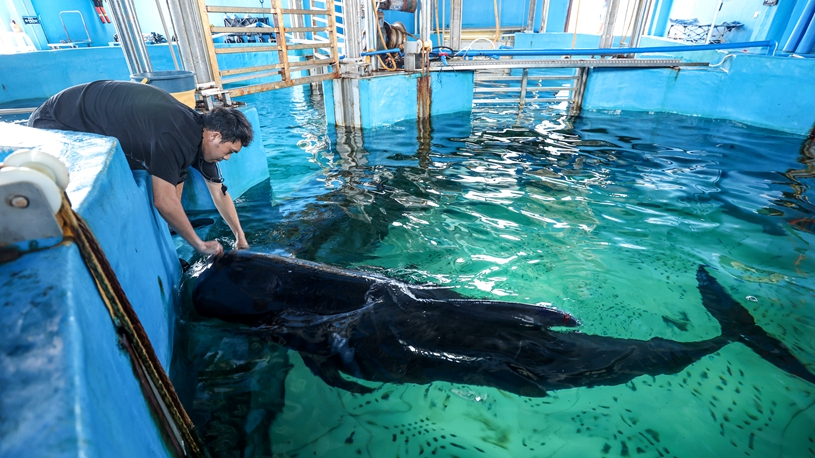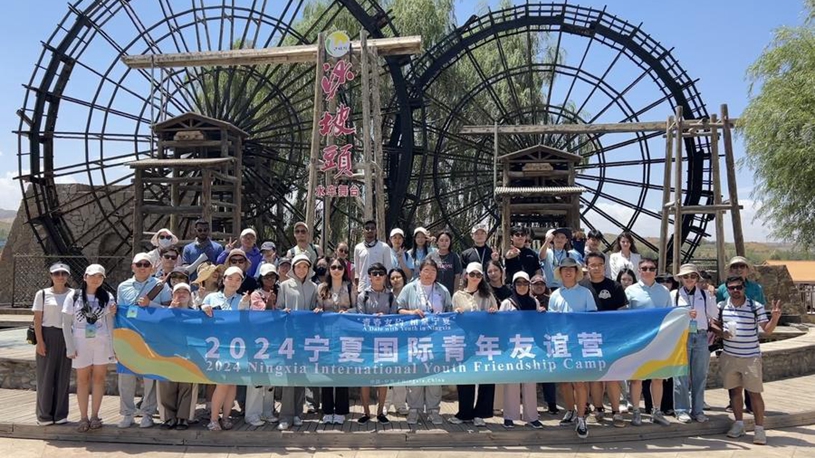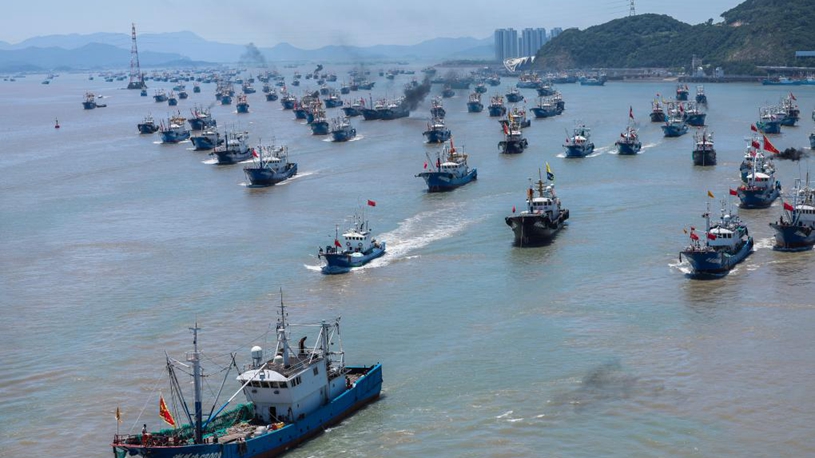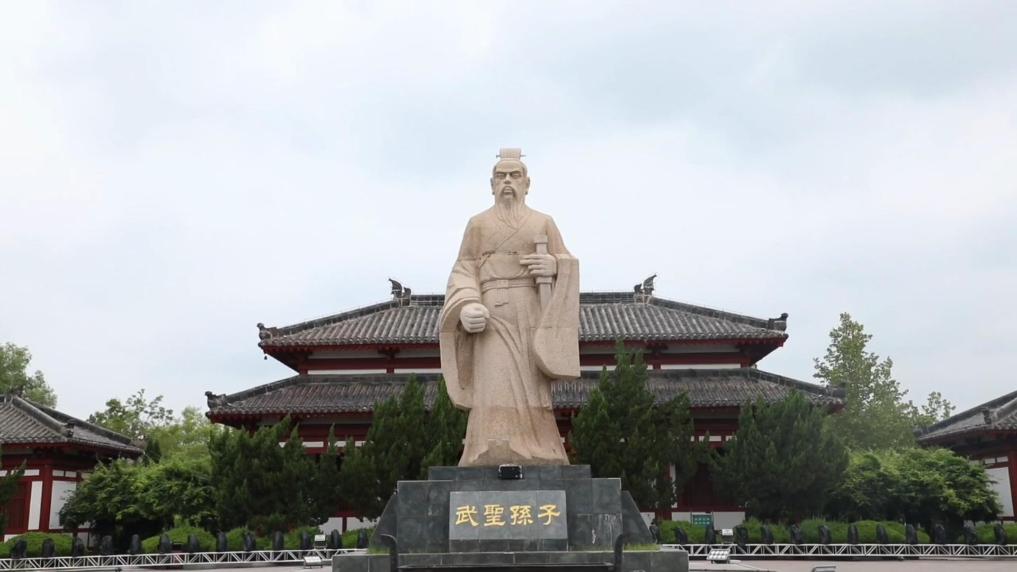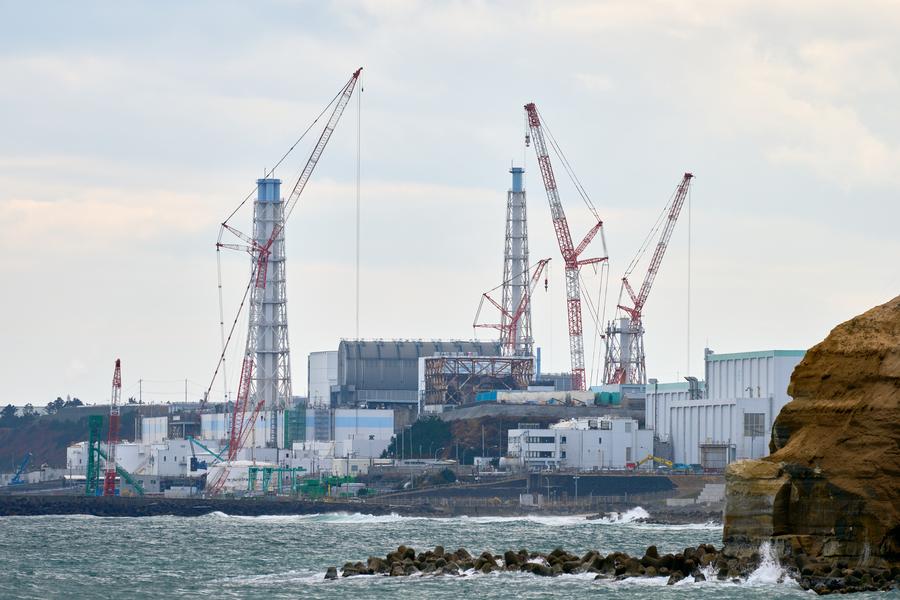
TOKYO, Aug. 8 (Xinhua) -- Despite persistent opposition at home and abroad, Japan on Wednesday started its eighth round of release of nuclear-contaminated wastewater from the crippled Fukushima Daiichi Nuclear Power Plant into the Pacific Ocean.
Tokyo Electric Power Company (TEPCO), the plant's operator, will discharge about 7,800 tons of wastewater from storage tanks into the Pacific Ocean until Aug. 25.
The Chinese Embassy in Japan on Wednesday expressed firm opposition to this irresponsible move of ocean discharge, noting that discharge concerns the health of all mankind, the global marine environment and the international public interests, and is by no means a private matter for Japan.
Without addressing the international community's concerns about the safety of such discharges, the long-term reliability of purification facility, and the effectiveness of monitoring arrangements, Japan's continued release of nuclear-contaminated water into the ocean shifts the risk of potential contamination to the whole world, a spokesperson for the embassy said.
The spokesperson called on the Japanese side to fully cooperate in setting up an independent international monitoring arrangement that remains effective in the long haul and has substantive participation of stakeholders.
Hit by a 9.0-magnitude earthquake and an ensuing tsunami on March 11, 2011, the Fukushima nuclear plant suffered core meltdowns that released radiation, resulting in a level-7 nuclear accident, the highest on the International Nuclear and Radiological Event Scale.
The plant has been generating a massive amount of water tainted with radioactive substances from cooling down nuclear fuel in reactor buildings. The contaminated water is now being stored in tanks at the nuclear plant.
Despite opposition from local fishermen, residents and the international community, ocean discharge of the Fukushima nuclear-contaminated water began in August 2023.■

